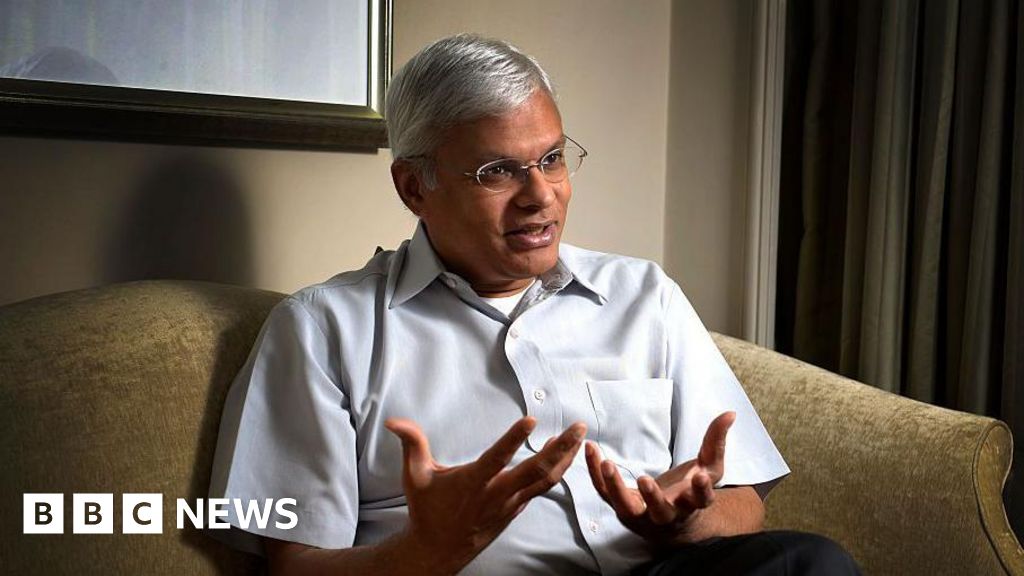Ashley Tellis, an Indian-origin foreign policy expert on US and South Asian affairs, was arrested over the weekend after more than a thousand pages of US top secret documents were allegedly found at his home.
He has been charged with the unlawful…

Ashley Tellis, an Indian-origin foreign policy expert on US and South Asian affairs, was arrested over the weekend after more than a thousand pages of US top secret documents were allegedly found at his home.
He has been charged with the unlawful…